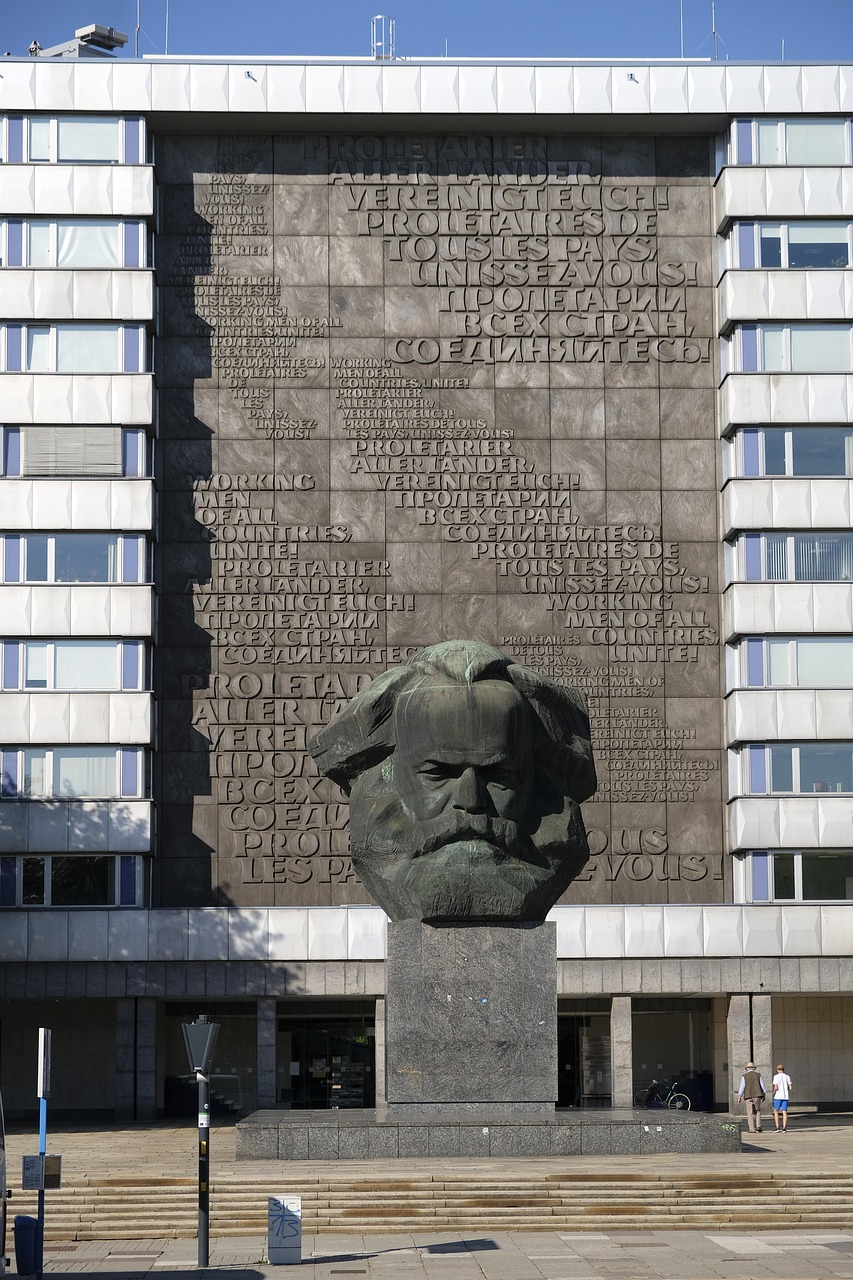 There is a role for the state, but when the Prime Minister said he didn’t mind if it was the private or public sector as long as they deliver, he was misguided.
There is a role for the state, but when the Prime Minister said he didn’t mind if it was the private or public sector as long as they deliver, he was misguided.
There are philosophical reasons why over-dependence on the state is bad for business, the economy and democracy. The mantra of successful business is that you can’t save your way to prosperity, you can only trade your way. The basic premise of the state is that they are there to spend money – our money – and that it needs to spend it before the year end, as next year’s budget depends upon it.
A big state looks for safety and has no appetite for risk. There is nothing to be gained for officials in taking a risk, working all hours or speculating. By contrast, enterprise thrives in creative destruction via competition, takes chances to succeed and invests to accumulate. It is the antithesis of the current mantra of the Treasury for example in relation to tax cuts, that there must first be identified money to fund them. That is not how an enterprise economy works. It is the modus operandi of officials and also of bankers and therefore not surprising that a city boy, like Mr Sunak, is on board with it.
With enterprise and risk comes innovation and progress and then wealth creation and prosperity.
The dead hand of the state eats up resource and its bureaucracy is a drag on innovative and on growth business.
The state is often aided and abetted in this by large, multi nationals who have their own bureaucracies. They are often comfortable with this as it creates barriers to entry for competition and these well-resourced incumbents can afford to game the system – they so often co-author the rules.
By preventing the growth of competitors, they preserve vested interests and are then well placed to gobble up emerging businesses either eliminate or absorb innovation. These large, private bureaucracies are often also the beneficiaries of government contracts. There are no brownie points for state procurement officials to contract anyone other than a “safe pair of hands”. When officials look at multi nationals they see themselves, as if in a mirror.
The industrial revolution, which began in England uniquely and had its roots in the seventeenth century, was based on creative destruction, not that this did not experience resistance, as the experience of the Luddites shows. But the history of Britain’s success was that of risk and enterprise.
The start of the relative decline of the U.K. can arguably be traced to the establishment of the civil service in the mid nineteenth century. In recent years, we have cast off the overweening monolith of the European Commission only to find that the size of the home grown state has increased by over twenty percent at a time when there is a labour shortage in the private sector.
Given that officials claim working from home has increased efficiency, there should be plenty of scope to substantially cut spending on the public sector. With such growth in size and claimed efficiency improvement no business would hesitate for a moment. If there is any need to look for monies to offset tax cuts it is the streamlining of the state.
This is also vital for freedom and democracy. The larger the state the more likely it is able to wield power in a self serving way, undermining the democratic will of the people and restricting our freedoms by imposing ever increasing rules. It is the way of the state.
Whoever becomes our new PM needs to immediately rebalance away from the state and towards enterprise for the health and wealth of the nation.















